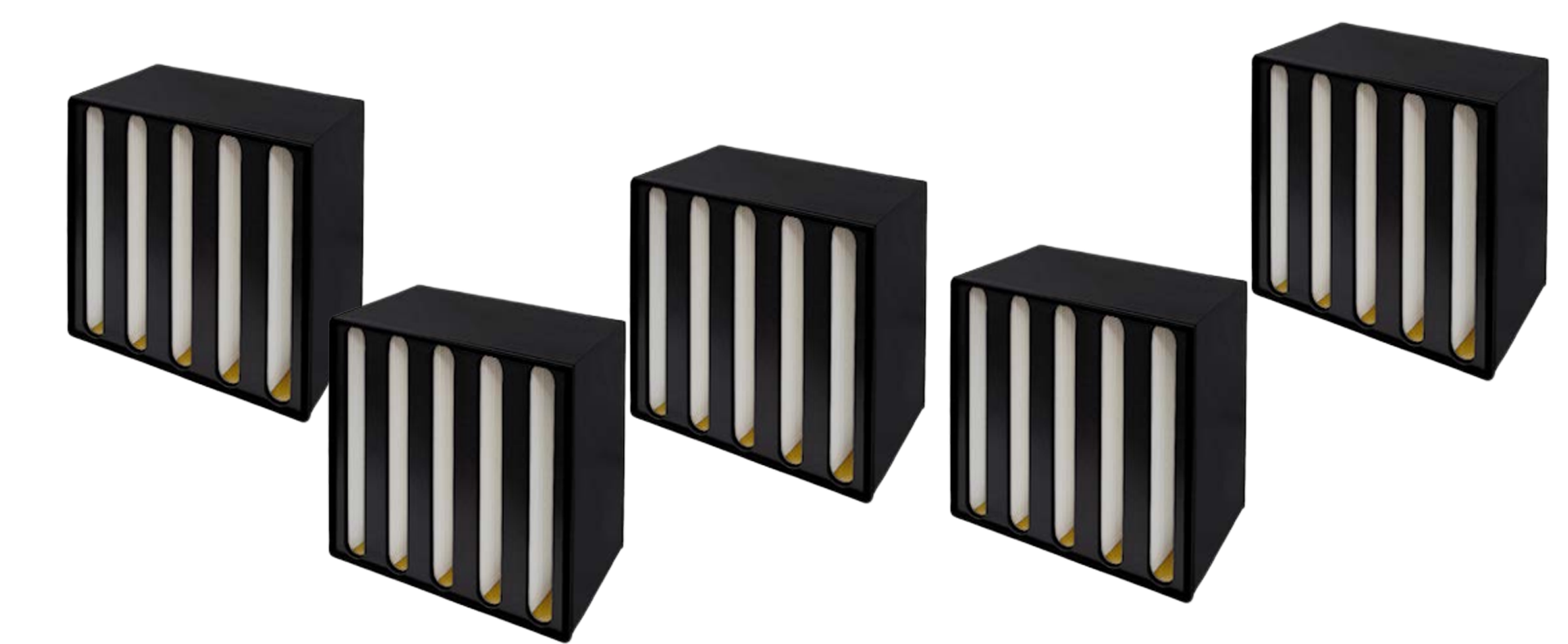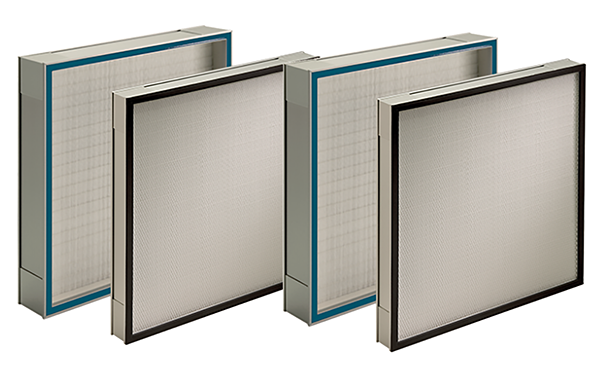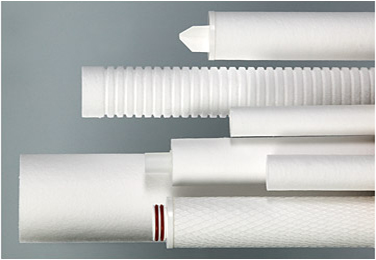Ryan Berkley, CAFS, is president of B&B Filters. As a certified air filter specialist by the National Air Filtration Association (NAFA), Ryan’s completed extensive training and testing in the field of air filtration and has a thorough understanding of air filtration principles, technologies and practices. This high level of filter expertise allows Ryan to provide school districts, universities, hospitals, manufacturers, laboratories, research facilities and others customized, quality solutions to their air filtration needs.
The Importance of HEPA Filters

By Ryan Berkley, CAFS
Proper maintenance of HEPA filters is essential to ensure their long-term efficiency and continued delivery of clean air. Without regular care, even the best filtration systems lose their effectiveness, compromising your indoor air quality and respiratory health.
Regular inspections form the foundation of effective HEPA filter maintenance. As your air purifying device or HVAC system operates, contaminants accumulate on the filter surface, gradually reducing airflow and filtration efficiency. Make it a habit to check your filter status indicator monthly if your device has one, and stay prepared for timely replacement to maintain peak HEPA performance.
The evolution of HEPA technology traces back to World War II, when these filters were originally developed to prevent radioactive contamination spread. Since then, this proven filtration technology has been widely adopted across medical facilities, industrial plants and home environments — from hospital-grade air scrubbers to residential air purifiers and HVAC systems.
This historical context underscores HEPA filters' enduring effectiveness in air purification and pollutant removal. Regular filter replacements, supported by decades of usage data, ensure your filtration system operates at maximum efficiency while protecting indoor air quality and respiratory wellness.
Here's a crucial maintenance tip: avoid washing or attempting to clean HEPA filters unless explicitly specified by the manufacturer. Most HEPA filters are engineered for replacement rather than cleaning to maintain their microscopic fiber structure and high efficiency. Using genuine replacement filters, as outlined in your user manual, ensures continued effective capture of allergens, pet dander and other airborne contaminants.
These proven maintenance practices guide our work with hospitals and industrial facilities throughout the Tennessee Tri-Cities region — including Johnson City, Kingsport, Bristol and Elizabethton — as well as in Morristown, Knoxville, Clarksville and Murfreesboro.
HEPA filters provide a cost-effective, affordable solution that creates cleaner environments and promotes healthier living for you and your family.
Common Misconceptions About HEPA Filters
Myth: HEPA filters remove all types of pollutants
While HEPA filters excel at trapping microscopic particles like dust, allergens and pet dander, they're not designed to neutralize gases or odors. For comprehensive air purification, combine HEPA filters with activated carbon filters — this combination addresses both particulate matter and gaseous pollutants effectively.
Myth: HEPA filters aren't necessary for everyone
Some argue that basic filtration systems suffice in low-risk environments. However, for households with pets, children or individuals managing asthma and respiratory conditions, investing in HEPA filtration is crucial for optimal respiratory health and clean breathing.
Myth: HEPA filters work indefinitely without replacement
Many people believe once installed, these filters operate indefinitely without maintenance. The reality is that HEPA filter maintenance requires periodic replacement to ensure continued efficiency. Ignoring replacement schedules leads to reduced effectiveness and particle buildup, ultimately compromising your air purification investment.
Myth: HEPA filters only work in air purifiers and vacuums
HEPA filters integrate into numerous home appliances and HVAC systems, improving indoor air quality across diverse settings. Whether in air conditioning units, air scrubbers or specialized purifying devices, HEPA filters play vital roles in pollutant removal while ensuring cleaner environments.
Myth: All "HEPA" filters are created equal
Not all products labeled "HEPA" meet rigorous standards. True HEPA filters must capture at least 99.97% of particles measuring 0.3 microns or larger. Products labeled "HEPA-like" or "HEPA-style" often fall short of this standard. For optimal air purification performance, always verify genuine HEPA certification.
HEPA Filter FAQ
What is a HEPA Filter?
A HEPA filter is a high-efficiency air filter designed to capture microscopic particles including dust, pollen, pet dander, smoke and other airborne contaminants from indoor air.
How Do HEPA Filters Work?
HEPA filters force air through ultrafine mesh that traps harmful particles while allowing clean air to pass through. The mesh consists of randomly arranged fibers creating a complex maze that captures particles through interception, impaction and diffusion.
What are the Benefits of Using HEPA Filters?
HEPA filters significantly improve indoor air quality by removing allergens and pollutants, reducing respiratory irritation risks and creating healthier living environments for families and individuals with sensitivities.
How to Choose the Right HEPA Filter for Your Needs?
Consider room size, specific airborne particles you want to capture, filtration efficiency levels and your HVAC system compatibility. Larger spaces require higher-capacity filters, while allergy sufferers benefit from filters optimized for specific allergens.
What are Essential Maintenance Tips for HEPA Filters?
Replace filters according to manufacturer recommendations, typically every 6-12 months depending on usage. Check filter status indicators monthly, keep surrounding areas clean and use only genuine replacement filters to maintain peak performance.
What are Common HEPA Filter Misconceptions?
Common myths include believing HEPA filters work for everyone's needs, don't require replacement, eliminate odors or that all "HEPA" labels indicate genuine performance standards.
Looking for customized air filter solutions, faster delivery, or more cost-effective filter options? For personalized recommendations and expert guidance on selecting the right air or water filters, or if you have questions about your air and water filtration challenges, please call (423)-775-2932 or email us.
Share
Similar Posts










